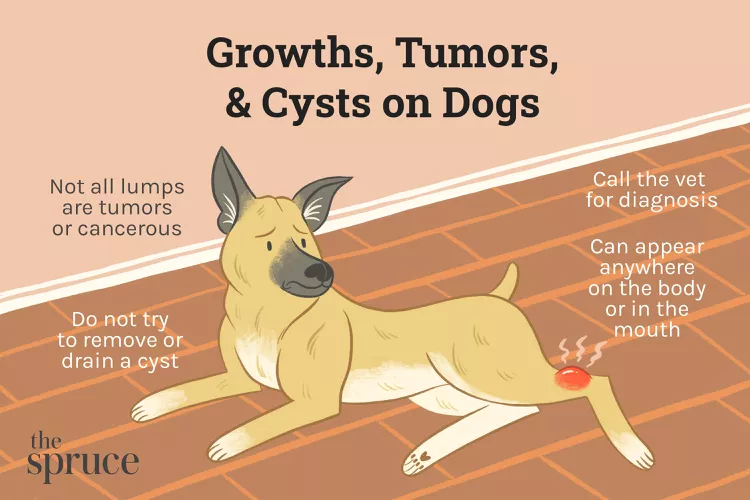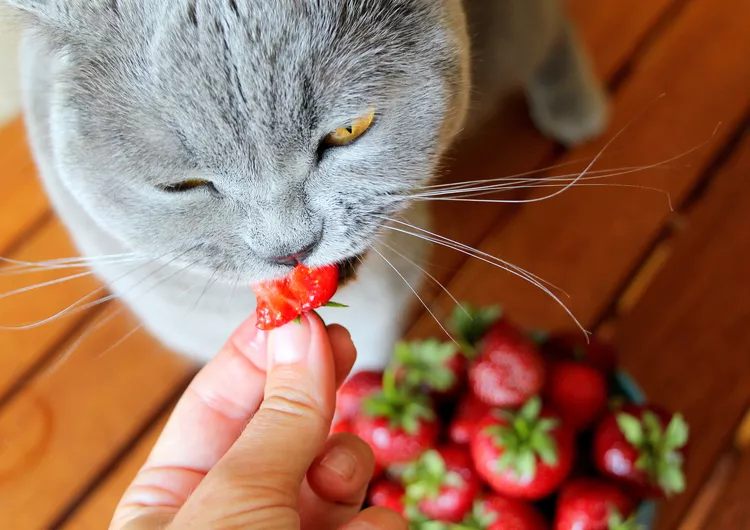
Rosemary, a woody herb, has aromatic leaves that are often used in cooking. It also has many reported health benefits, ranging from antibacterial properties to antioxidant powers, to possible anti-cancer benefits. All of this may lead you to wonder if rosemary is good for your dog too, and whether or not it is safe. Rosemary is not considered toxic to dogs, but there are some caveats.
Before giving any human foods or medications to your dog, it is always important to find out whether or not it is safe. As it turns out, many foods and medications that are perfectly fine for us can be toxic to our pets, so it is never a good idea to assume something is okay for dogs without verifying. When it comes to rosemary, it's considered non-toxic to dogs, although there are some caveats to that.
The fresh leaves are very dense plant matter with a lot of fiber, so if your dog were to consume a very large amount of fresh rosemary leaves, it could cause some tummy upset like vomiting and/or diarrhea. Most cases will resolve quickly, but you should see your vet anytime vomiting or diarrhea lasts more than 24 hours and/or if your pup seems lethargic or is not eating. Other concentrated forms of rosemary can be more toxic depending on their preparation and use.
Rosemary essential oils can be toxic due to the presence of camphor and other ingredients that may be harmful to your pup. It also depends on the route of administration as some of these ingredients may be toxic if swallowed, while others may be irritating to the skin if applied topically. Some underlying conditions may make your pup more at risk for complications.
Dogs with seizure conditions like epilepsy should probably avoid rosemary altogether. This comes from evidence in human medicine that humans with existing seizure disorders can have seizures from rosemary essential oils. While there has not been a direct study on dogs to see if the same holds true, it is better to play it safe and avoid rosemary in dogs with pre-existing seizure conditions. And if in doubt, it is always best to consult your vet before using any new products for your pup.
If you scan the internet, you will find claims that rosemary can help with a huge range of ailments and provide benefits including boosting immunity, reducing stress, and fighting cancer. It is also believed to be a potent antioxidant and has antimicrobial properties. While not all of these claims have been thoroughly researched, there are some well-documented benefits to rosemary.
Rosemary contains chemical compounds such as diterpenes, carnosol, and carnosic acid. These compounds are thought to have the ability to scavenge free radicals that cause damage to different cells in the body. Antioxidants can neutralize free radicals, protecting the cells within the body from damage. It is unknown exactly what dose would be necessary in dogs for this to have a potent effect, but giving a small amount to your pup in the form of fresh or dried rosemary leaves is generally considered safe and may provide some antioxidant benefits.
Rosemary is also thought to have potent antimicrobial properties against some bacteria and fungi. In fact, sometimes it is used as a preservative in human food due to its antimicrobial properties. In dogs, the evidence has not been as convincing as it only shows mild effects against the common microorganisms that cause infections in dogs. It may be a good supplementary treatment to use in addition to medication provided by your vet but likely is not effective enough to cure an infection on its own.
When rosemary leaf extracts are applied to dog cancer cells in laboratory settings, they show an ability to kill cancer cells and slow the growth of tumors. Whether or not this same scenario plays out inside the body has not been proven yet, but it seems to be a promising area of study.
If you want to give rosemary a try with your pup, always start with a very small amount to see how your dog responds (and check with your vet before giving the plant to your pup). Since the safest way to try it out is with fresh or dried leaves, try putting a small sprinkle of leaves into your dog’s food for a few days and monitor closely for any changes.
If you are considering using rosemary topically to treat a skin condition, consult with a veterinarian who has training in alternative or holistic medicines to ensure you use products that are safe for your dog. If you are concerned that your pup ingested too much rosemary or ate a product that was intended for use on the skin, contact your vet right away and consider calling a pet poison control hotline, such as the ASPCA Poison Control Center, to find out what you need to do.
Rosemary may have some helpful benefits to pups. While there is still much to learn about the most effective and safe ways to use it, a little bit of fresh or dried rosemary can be a good way to get started. Your pup may even enjoy the added perk of its delicious smell and taste.

Tumors, Growths, and Cysts in Dogs
Tumors, lumps, growths, or cysts are commonly found on dogs. Learn the causes, treatments, and preventative measures.
Eye Injuries and Infections in Dogs
Dogs can suffer eye injuries that range from mildly irritating to serious medical emergencies. Learn the causes, treatment, and prevention.
Vestibular Disease in Dogs
Vestibular disease affects a dog's balance and eye movements. Find out about the signs, causes, and treatment of vestibular disease in dogs.
Is Acetaminophen Safe for Dogs?
Acetaminophen is used by humans for pain and fever relief, but is it safe for dogs? Here's what you need to know before giving your dog acetaminophen.
Can Dogs Eat Zucchini? Everything to Know About This Hardy Summer Squash
Zucchini is a nutritious food that's safe for dogs to eat in moderation. This low-calorie, high-fiber vegetable can be incorporated as a healthy treat in a dog's balanced diet. Learn more about its health benefits, potential risks, and how to prepare it.
Can Dogs Eat Popcorn? What You Need to Know for Movie Night
Dogs can eat popcorn, but there are safety concerns. Find out how to safely feed your dog popcorn and what you should do if you're concerned.
65 Irish Cat Names
Irish cat names can pay homage to historical places, local cuisine, famous Irish actors and musicians, or other wonderful aspects of the Emerald Isle.
46 Egyptian Cat Names
Whether inspired by notable Egyptian deities, locales, or pharaohs, Egyptian cat names can bring out the divinity of your noble feline companion.
Are Ant Traps Safe for Cats?
Here's how to know if ant traps are safe for cats and how to keep yours free from harm if you have an ant problem.
The 6 Best Cat Nail Clippers of 2024 for a Safe Trim
Clipping your cat's nails can save your furniture and keep your kitty comfortable. We asked veterinarians for their cat nail clipper recommendations.
Is Neosporin Safe for Cats?
A brief summary of concerns a cat owner should be aware of before putting Neosporin on their cat, plus tips for things they can use at home instead.
Can Cats Eat Strawberries? How to Safely Share This Summer Berry
Although cats are primarily meat eaters, strawberries may be an interesting and tasty snack for your feline friend. Find out the risks of feeding strawberries to cats and how to safely let your cat enjoy this fruit.
Cute Pictures & Facts About Calico Cats & Kittens
Learn fascinating facts about calico cats, including photos, the genetics behind this color combination, and common folklore and traditions.
12 Most Popular Cat Breeds for Feline Lovers
These 12 cat breeds, like the Siamese and Sphynx, are known for their unique appearances and personalities. Learn what makes them so popular.
Balinese: Cat Breed Profile, Characteristics & Care
The Balinese cat is playful, sociable, elegant, intelligent, and a touch on the vocal side. Learn about the Balinese, including appearance, temperament, health, and care needs.
Why Cats Don't Always Cover Their Poop
Cats may not cover their poop for a few different reasons, including being territorial, sending a message to their owner, and not liking the litter.
Cavapoo: Dog Breed Characteristics & Care
The Cavapoo is a hybrid of the Cavalier King Charles spaniel and a toy or miniature poodle. Learn why these teddy-bear-looking dogs make the perfect addition to your family.
Why Dogs Eat Poop and How to Stop Them
Is your dog eating poop? Some dogs do this because of stress or illness. Learn how to prevent stool eating, or coprophagia, in dogs.
Can Dogs Get Depression? How to Help Your Sad Dog
Can dogs get depression? Learn about the signs of depression in dogs and find out how to help your sad dog.
4 Reasons Why Your Dog Licks Their Butt
Butt-licking in dogs can be a part of normal grooming, but excessive butt-licking is not normal. Read about the most common reasons for this behavior.